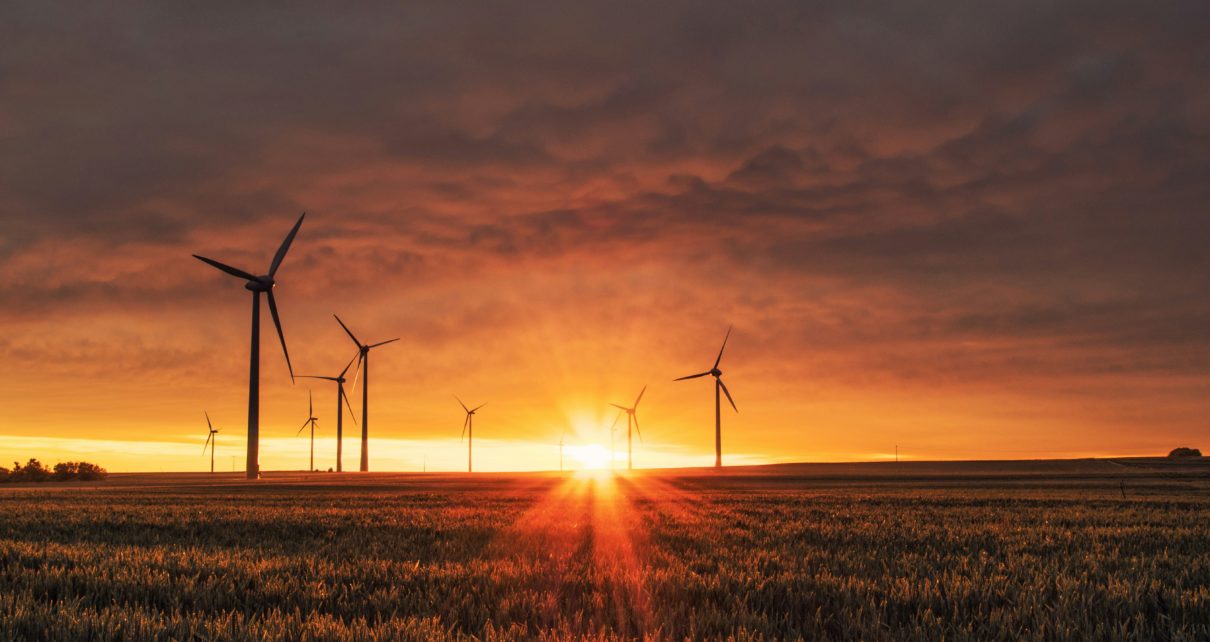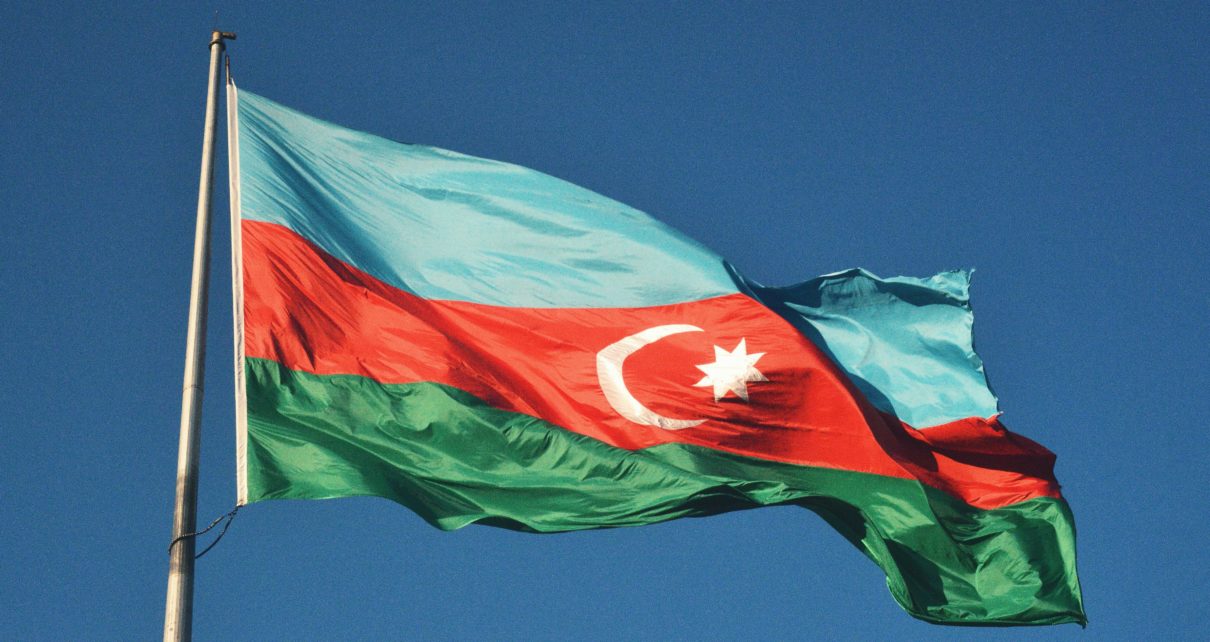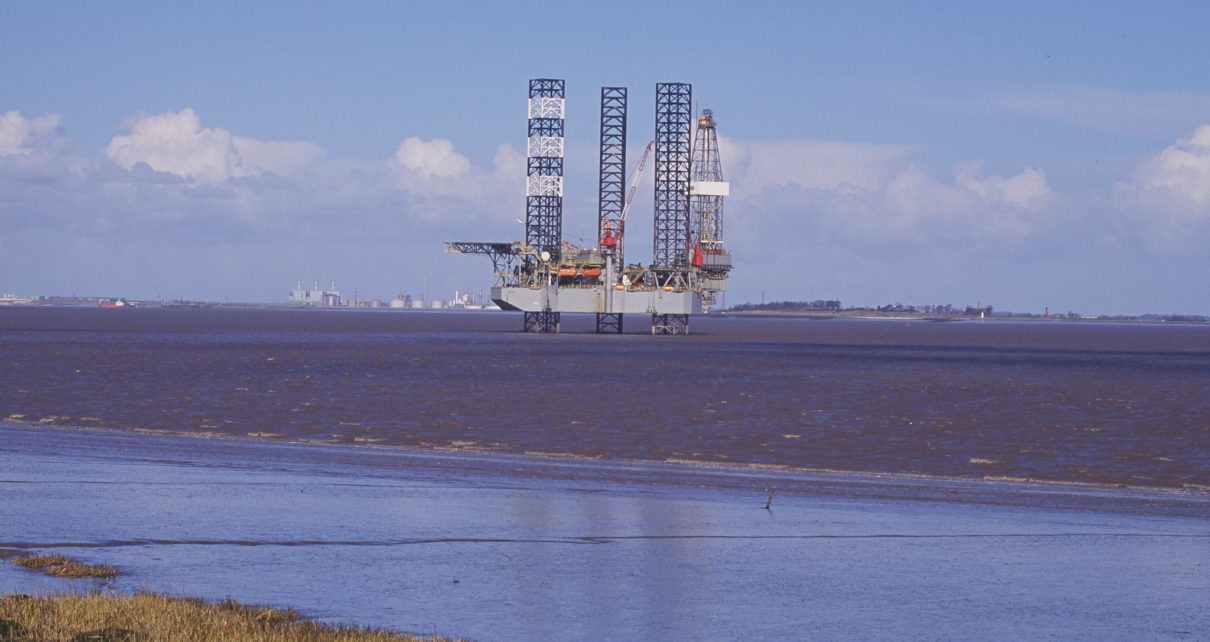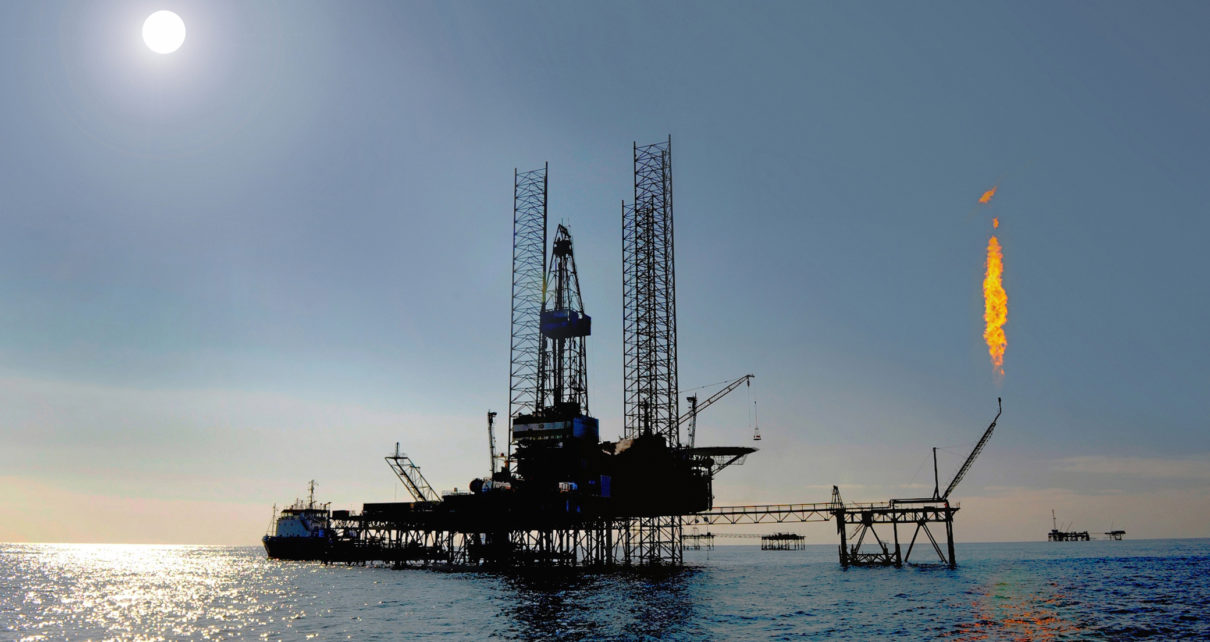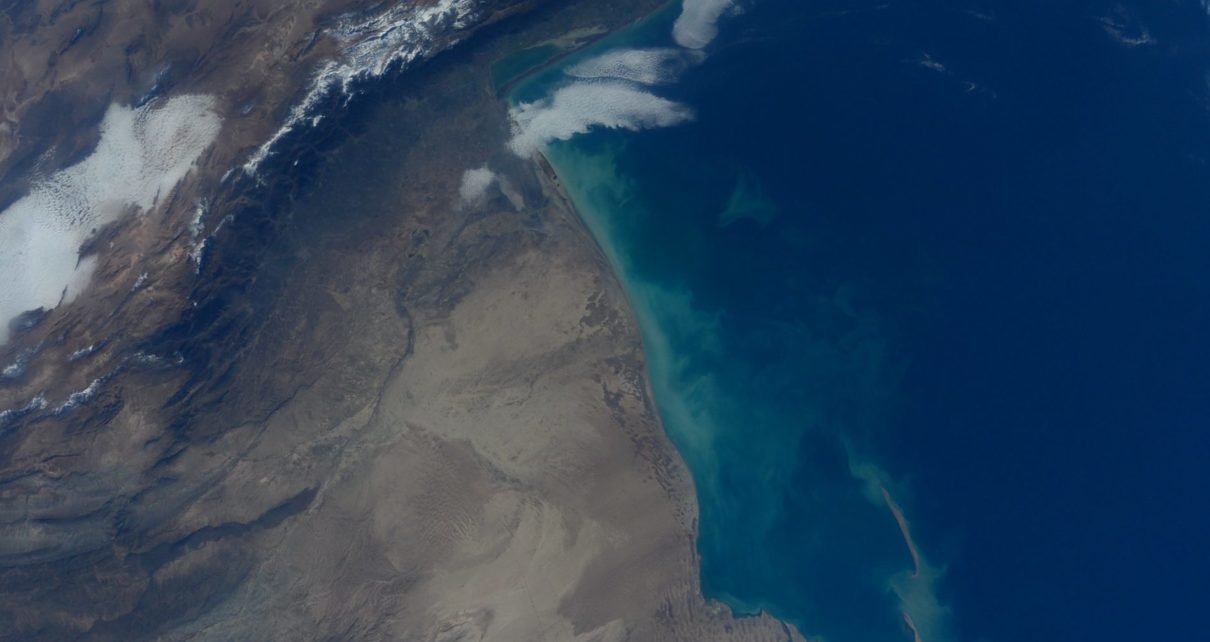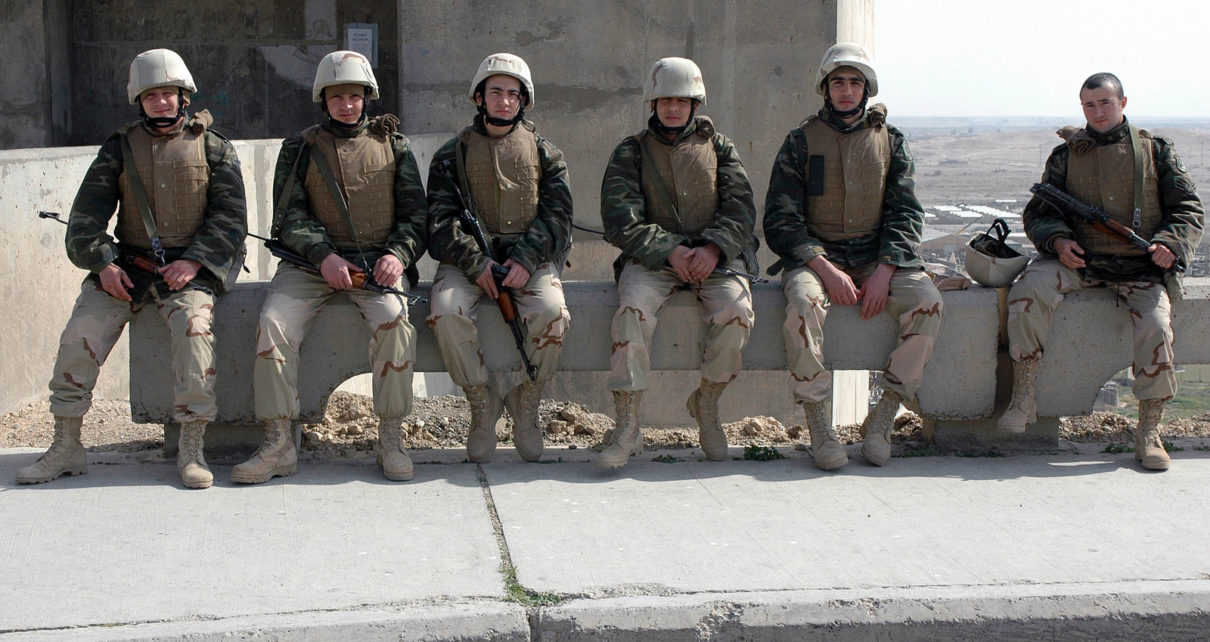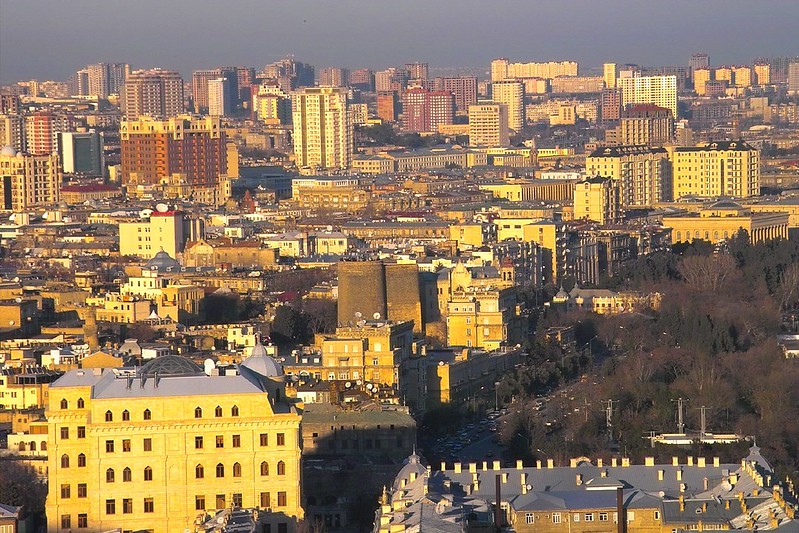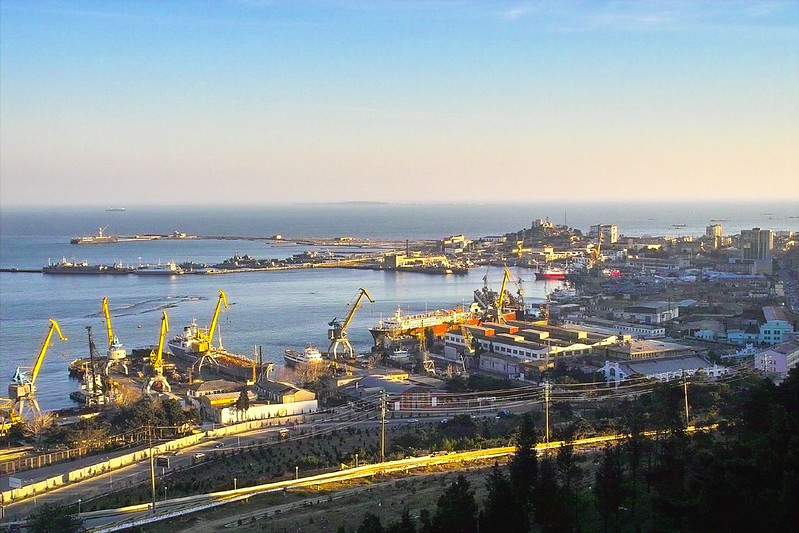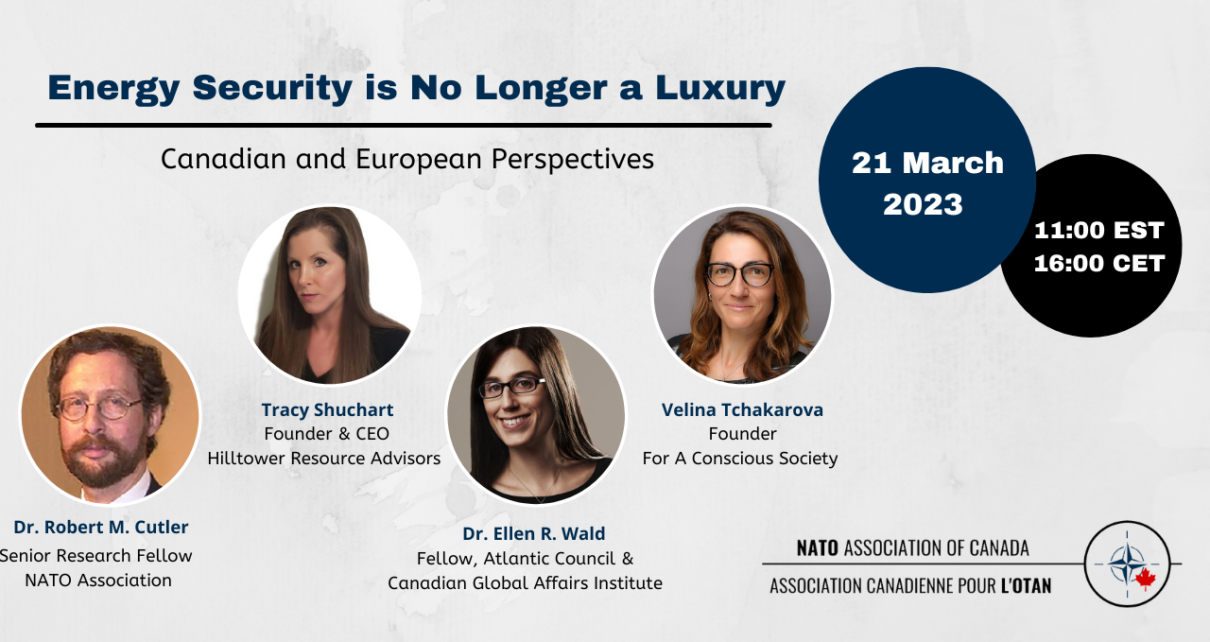Dr. Robert Cutler discusses recent developments in the cooperation of Azerbaijan with European and NATO energy policy.
Energy Security
The NATO Association of Canada’s Energy Security Program is directed by Dr. Robert M. Cutler, who is also Senior Research Fellow. The Program addresses energy-related issues of concern to NATO members and partners, ranging across a spectrum from the security of energy supply (and of energy demand for energy producers) to the physical security of energy infrastructure. It seeks also to anticipate and plan for geopolitical, geo-economic, and military developments worldwide, that may have implications for NATO countries’ energy security. To this end, it organizes webinars and publishes this Energy Security blog, as well as series of Research Briefs, Policy Papers, and Research Studies (also inventoried below). Individuals interested in contributing to any of these activities are invited to contact Dr. Cutler at the email address rmc@alum.mit.edu with the Subject: heading “NAOC Energy Security Program.”
European Pipeline Expansion for Azerbaijan’s Gas Gets Back Under Way
Dr. Robert M. Cutler covers the European pipeline expansion for Azerbaijan’s gas and its contribution to Azerbaijan’s emergence as a pivotal player in European energy security.
Southern Gas Corridor Meeting Deepens EU–Azerbaijan Energy Cooperation
Dr. Robert Cutler writes on the 10th Ministerial Meeting of the Southern Gas Corridor Advisory Council, which he describes as an important milestone in EU-Azerbaijani energy relations.
Abu Dhabi Buy-in to Caspian Sea Gas Enhances European Energy Security
Dr. Cutler writes about Abu Dhabi’s landmark deal in the Caspian Sea and its strategic significance for European energy geopolitics.
Serbian Gas Deal Continues Azerbaijan’s Penetration of South-East European Energy Markets
In this article, Dr. Cutler outlines the new Serbian gas deal with Azerbaijan in the context of European energy trends and policies, as well as the BRUA pipeline project.
Where in the Caspian Region Will Europe Get Its Gas?
In this article, NATO Association Senior Research Fellow and Director of the Energy Security program, Robert M. Cutler, discusses Europe’s Prospects for Caspian-region gas imports, including the Trans-Caspian Gas Pipeline Project (TCGP) project.
NATO Strengthens Energy-Security Ties with Azerbaijan
In this article, Senior Research Fellow Dr. Robert M. Cutler covers NATO’s July 5th Military Committee meeting, its select partners, and its challenges. Specific attention is paid to the strengthened energy-security relations between NATO and Azerbaijan.
A Trans-Balkan Pipeline Is the Next Project for EU’s Accelerated Energy Cooperation with Azerbaijan
Other than Norway, Azerbaijan is amongst the most plausible sources for increased European imports of natural gas in the near future. Therefore, it is little surprise that on April 25, its President Ilham Aliyev attended the signing of a Memorandum of Understanding (MoU) by the State Oil Company of the Azerbaijani Republic (SOCAR) with the Read More…
New European Energy Demand Confirms Azerbaijan’s Reliability
Azerbaijan is emerging as a crucial player in Europe’s energy-diversification strategy, as the European Union (EU) addresses its self-inflicted energy deficit that arose from its overreliance on wind and solar power and its failure to promote oil and gas development. The EU’s policy shift away from Russian oil and gas has led to the formation Read More…
Energy Security is No Longer a Luxury: Canadian and European Perspectives
Energy Security is No Longer a Luxury: Canadian and European Perspectives This event was live broadcast on our YouTube channel, and a recording can be viewed here. This webinar addressed the new geo-economics of energy production and consumption with special attention to Canada, Europe and their roles in global energy markets. The panelists considered the Read More…

